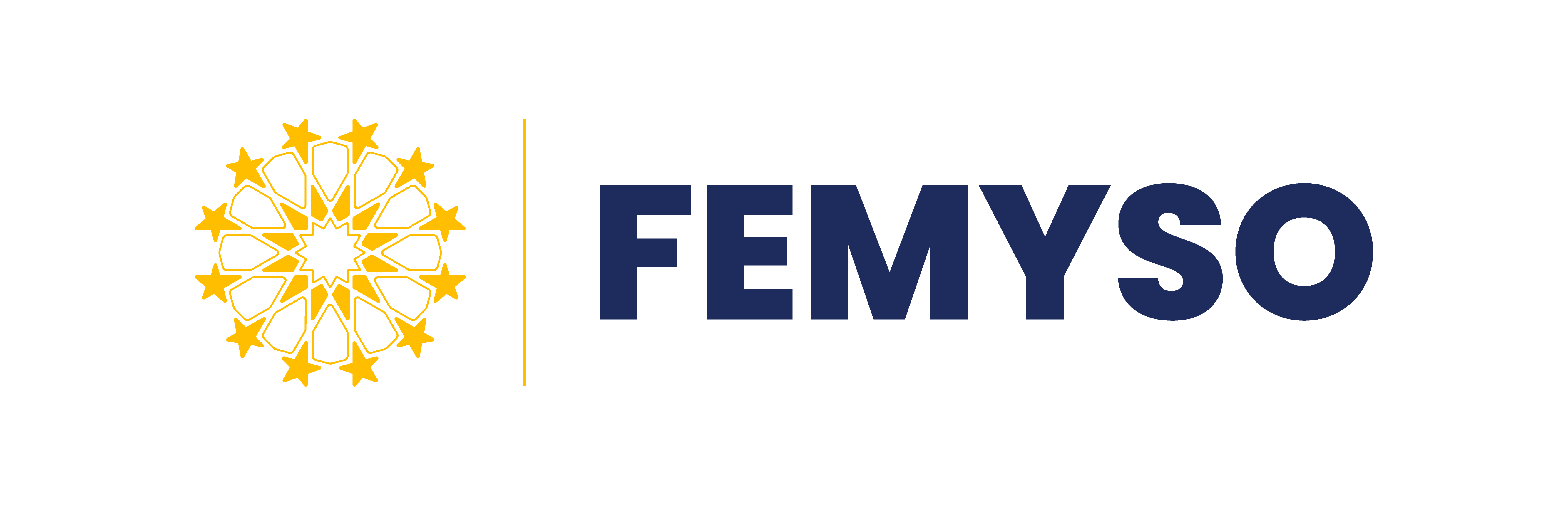The European Elections are taking place soon. Various civil society organisations are mobilising to encourage citizens to vote. Muslim youth are part of the movement.
The years in between the last European elections in 2014 and the next ones in May 2019 have been marked by unprecedented concerning changes in our societies. Young European Muslims are aware of these developments affecting our lives. Indeed, we have become more conscious of the intensity of political influence and public speech.
Not a day passes by without Islamophobic rhetoric from politicians, public figures and media outlets, which include hate speech similar to the rhetoric that inspired the Christchurch terrorist. Not a month passes by without an Islamophobic law is passed that clearly targets and attacks Muslims, such as the most recent headscarf bans in Austria and France.
Factors such as historical repetition and reaping the fruits of past injustices, continuing rise of right-wing extremists, and a growing attack on Islam and Muslims within a normalized legal, political and public framework are the main causes to a stronger consciousness and awareness. Most importantly, an understanding of the European project as a guarantee to protect our lives as human beings with a non-white background.
FEMYSO has been both capitalising and co-creating that understanding. With our network of 31 Member Organisations from 23 European countries, we have been able to consult with grassroots Muslim youth and students’ organisations on their perceptions of the European Union, and to motivate them to take part in the European elections with the purpose of having our own say.
We need to make use of our democratic rights and to mobilise ourselves, because the EU is the only guarantee to protect our fundamental rights in face of governments and political parties whose main aim is to violate our rights and reduce our presence in Europe.
That is why we need to act: to vote, spread the word, and empower our fellow young Muslims.
We need to better protect our rights as EU citizens: our generation consists of second- and third-generation Muslims with a migrant background born in EU countries with citizenships of EU Member States. By virtue of this citizenship, we have the same fundamental rights as any other citizen. No one can be discriminated based on language, religion or ethnicity. We are all equal under the Treaty on the (Functioning of the) European Union, Charter of Fundamental Rights and various international conventions.
The EU is the sole protector of equality of everyone. In face of growing Islamophobic governments and politicians, we need to better know our rights. While combating racism and discrimination is mainly a competence of the Member States, the EU still has institutions to scrutinise the Member States’ adherence to protecting citizens’ rights. We have to educate ourselves about these processes in order to better protect ourselves.
No one has any right to force ourselves to change our identities or religion. No one is allowed to instil fear in us by virtue of our adherence to the world’s second largest religion. I am a Muslim and I am proud to be so. I have the right under the Treaties to freely live my religion. I should not have to fight to enjoy my constitutionally guaranteed rights. I should not be afraid to walk on the street with my headscarf, nor to take an active role in society.
We young European Muslims are not identified by our religion only. We are molecular biologists, doctors, physicians, political scientists, engineers, psychologists. We are diverse, bright, we are fun to hang out with. We are so rich in our cultural and intellectual heritage consisting of the best of not only two worlds, but two worlds + the European Union, that we burst with impressive analyses, opinions, cultural knowledge and experiences. We are the embodiment of the artificially divided “East (Muslim, Turkish, Moroccan etc.) and West (German, Dutch, French etc.)” Yet we are also the embodiment of the Erasmus generation: the young Europeans knowing no borders, travelling to different EU Member States every few months, studying abroad and sometimes having more friends abroad than in our home country.
We are stronger defenders of the European Union than those who attack us and claim that we do not belong in Europe. We are more highly educated, we are more open-minded, we are better skilled and have higher cultural capital than them. We know how to navigate between different worlds, to bring people together, to work for cohesive societies. We are here to work harder for a united, cohesive and vibrant Europe than the mainstream. We are the young European Muslims of the 21stcentury.
about the author | Hande TANER
Hande Taner is a Dutch dual degree Master’s student in European Affairs between Sciences Po Paris and the London School of Economics. She is also the Head of Campaigns at the Forum of European Muslim Youth and Student Organisations (FEMYSO), Europe’s largest umbrella body of Muslim youth and student organisations. She is currently leading FEMYSO’s European Elections campaign.








